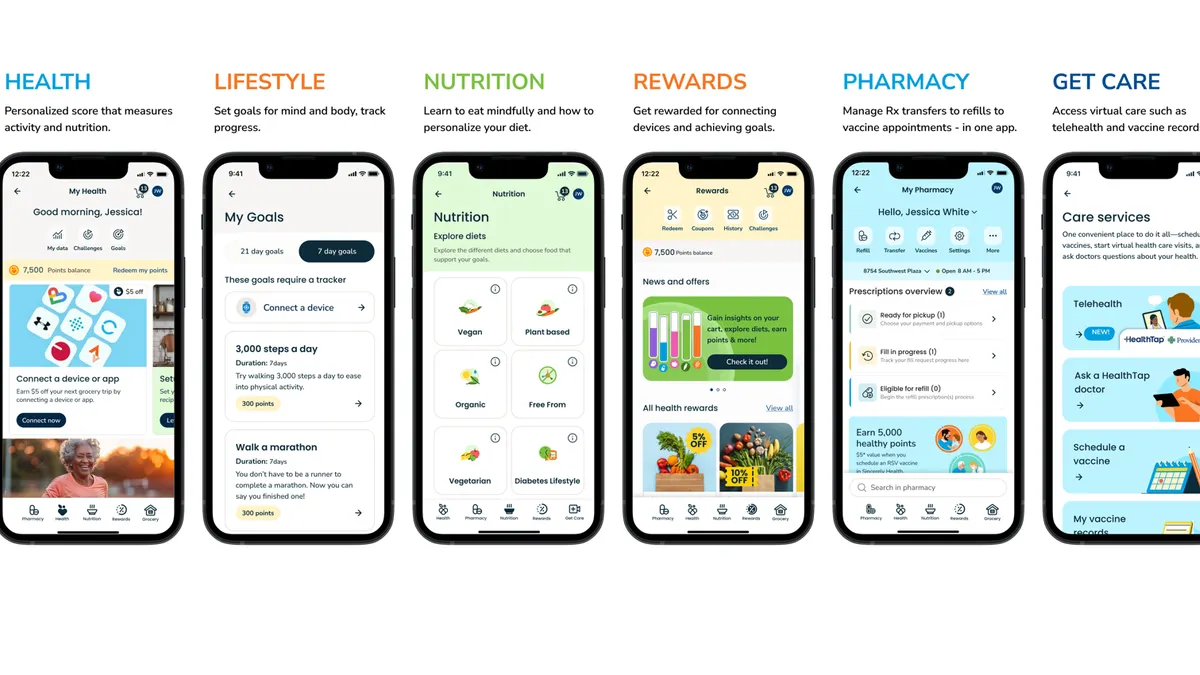Don't Wait! 7 Vital Health & Fertility Checks Every Aussie Woman Aged 27-35 Needs

As Aussie women navigate their late twenties and early thirties, prioritising health and fertility is more important than ever. Dr. Anamika Raghuvanshi, a leading specialist, emphasises the value of proactive health checks during this crucial window. Ignoring potential issues can impact long-term wellbeing and future family planning. This guide outlines seven essential health and reproductive tests every woman aged 27-35 in Australia should consider. It's about empowerment – taking control of your health and understanding your body better.
Why are these tests important for women in their late 20s and 30s?
This age range often sees women balancing careers, relationships, and personal goals. However, it’s also a time when subtle health changes can occur, impacting fertility and overall health. Early detection allows for timely intervention and management, potentially preventing more serious issues down the track. Additionally, understanding your baseline health markers provides a valuable reference point for future comparisons and assessments.
The 7 Key Tests You Should Discuss with Your Doctor
- Complete Blood Count (CBC): A fundamental test that assesses red blood cells, white blood cells, and platelets. It can detect anaemia, infections, and other blood disorders.
- Thyroid Function Tests (TFTs): Thyroid issues are surprisingly common, particularly in women. TFTs measure thyroid hormone levels and can identify conditions like hypothyroidism or hyperthyroidism, which can affect energy levels, mood, and fertility.
- Pap Smear/HPV Test: Crucial for cervical cancer screening. Regular Pap smears detect abnormal cell changes, while HPV testing identifies the presence of the human papillomavirus, a common cause of cervical cancer.
- STI Screening: Sexually transmitted infections (STIs) can have serious long-term health consequences if left untreated. Routine screening for chlamydia, gonorrhea, and other STIs is essential for maintaining sexual health.
- Cholesterol & Lipid Panel: Assesses your risk of heart disease by measuring cholesterol levels (LDL, HDL, and triglycerides). Addressing high cholesterol early can significantly reduce your risk of cardiovascular problems.
- Vitamin D Levels: Many Australians are deficient in Vitamin D, especially during winter months. Vitamin D is vital for bone health, immune function, and overall wellbeing.
- Fertility Assessment (if planning pregnancy): If you're thinking about starting a family, a fertility assessment with your GP or a fertility specialist can identify any potential issues that might affect conception. This may include hormone testing (FSH, AMH) and an ultrasound to assess ovarian reserve.
Talking to Your Doctor
Don't hesitate to schedule a check-up with your doctor to discuss these tests and any concerns you may have. Be open and honest about your health history, lifestyle, and family planning goals. Your doctor can provide personalised recommendations based on your individual needs and risk factors.
Empower Yourself – Prioritise Your Health
Taking proactive steps to monitor your health is an investment in your future wellbeing. By understanding your body and addressing any potential issues early, you can enjoy a healthier, happier life and increase your chances of a successful pregnancy when the time is right. Don't wait – schedule your check-up today!





